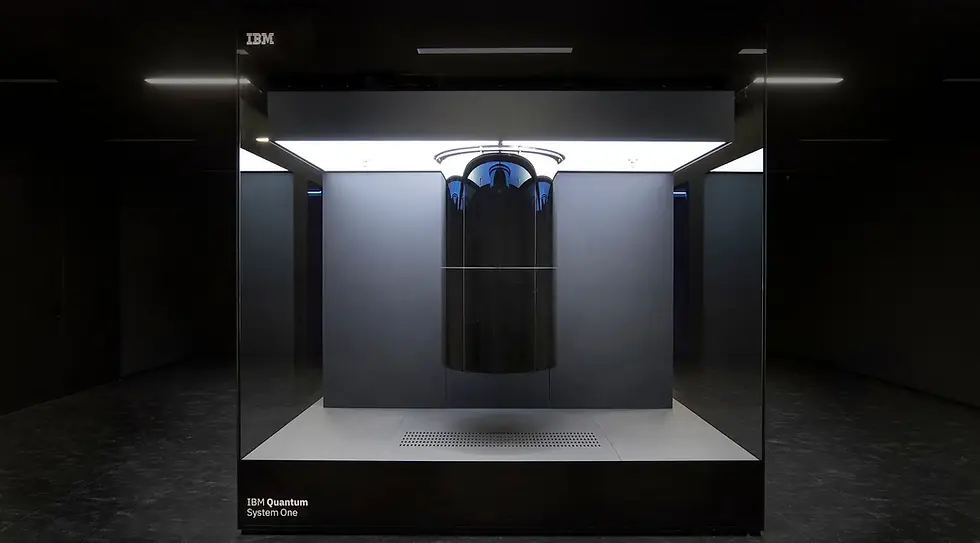CETHERA Joins Y-Valley Incubator at Yonsei University to Accelerate Growth and Product Development
- Jun 25, 2025
- 1 min read

Incheon, South Korea — October 2024
CETHERA has officially joined the Y-Valley Incubator Program operated by the Yonsei University Enterprise Support Foundation. This marks a strategic step forward in scaling the company’s operations, advancing development of its secure hardware technologies, and expanding its presence in the global cybersecurity ecosystem.
The Y-Valley Incubator is one of South Korea’s leading university-affiliated innovation programs, offering selected startups direct access to a wide range of institutional support, funding resources, and industry networks. As part of the program, CETHERA is now equipped with:
Private lab and office space within Yonsei’s advanced startup facilities
Direct mentorship from seasoned industry professionals, academic advisors, and venture capitalists
Eligibility for seed-stage and milestone-based funding rounds
Technical support for prototyping, certification, and early product deployment
Networking channels for strategic partnerships with enterprise customers and research institutions
With this backing, CETHERA will accelerate its roadmap for deploying the CTHR-01 Beta PCIe Accelerator, a hardware-based cybersecurity module that integrates quantum-inspired encryption and an Autonomous Cyber Immune System (ACIS) into a plug-and-play PCIe card format. The support from Y-Valley will enable critical advancements in product refinement, FPGA-to-ASIC migration planning, pre-certification testing, and customer onboarding.
Joining Y-Valley also provides the company with extended access to South Korea’s growing network of technology-driven incubators, government-backed innovation funds, and research-commercialization initiatives, significantly strengthening CETHERA’s long-term market viability and international competitiveness.
This milestone reflects CETHERA’s commitment to building secure-by-design infrastructure for personal and enterprise computing, redefining the boundaries of what modern hardware security can achieve in the face of post-quantum and AI-driven threats.




Comments